Articolo originale apparso su Young Diplomats
Erdogan – The once-great strategist he was when it comes to power struggles in the domestic scene is now having troubles finding the balance between his personal political gains and the sacrifices he has made in order to make such gains. He has been very sufficient in maximizing the damages he can cause to the country and in turn to himself while gaining very little in return. The very recent defeats the AKP has suffered in the municipal elections and the re-election in Istanbul are a great testament to this.
He has virtually gone against the policies the AKP had pursued ever since they came to power in the early 2000s in every conceivable way. Not only has he torpedoed the relations with the US by fanatically insisting on purchasing the Russian-supplied S-400 anti-aircraft missile programs despite the risk of losing F-35 contracts and facing potential economic sanctions but also his authoritarian conducts involving repeated transgressions of democratic institutions and the blatant disdain to some European countries’ calls have contributed to the long-term deterioration in Turkey’s relations with the EU. His intransigence in refusing to let the Kurds have their own strongholds and persistence in launching a land invasion into Tel Rifaat, Manbij and the east of the Euphrates to chase them out have also added to the causes of tension with Turkey’s NATO allies.
But that’s not all. He has also managed to tremendously wreck the relations with both his strategic allies and the neighboring states. The Idlib demilitarized zone agreement he brokered with Putin last year has become a disaster because of his failure to deliver his promises, which has triggered growing impatience in both Damascus and Moscow, ultimately resulting in a Russian-backed Syrian offensive into the region. The very recent aggressive attempt to drill offshore oil in the disputed areas nearing Cyprus’s coast has also sent alarming signals to both Greece and the internationally-recognized regime in Cyprus.
The only two adjoining entities that have maintained relatively better relations with Ankara, apart from Iran, are Iraq and the Kurdistan regional government, but that is only because Iraq has suffered tremendous loss in the war against ISIS and is currently too weak to lose friends, and in the case of the KRG, it is because a huge proportion of its revenues comes from Turkey through trades and oil deals. In addition, the 2017 referendum in the KRG has not only pushed Baghdad and Ankara together but also made Erbill even more dependent on Turkey. Nevertheless, these ostensibly amicable relations are also about to be seriously tested. The ongoing Turkish military campaign that started last year involving frequent cross-border airstrikes targeting PKK fighters in areas within the Kurdistan region has drawn increasing condemnation on the part of Iraq. Reacting to two very recent air raids that caused five civilian casualties, Baghdad has begun to depict Turkey’s incursion as “unilateral acts of war” and urge Ankara to stop violating Iraq’s sovereign integrity.
Although falling behind the Iraqi federal government in terms of the intensity on language, Erbill has also expressed concerns and asked the two belligerent parties to end the conflict. However, being Erdogan, one thing for certain is that no other nations can tell him what is permissible and what is off the limits. That several statements can make him change his course is just unimaginable. But that’s not the worst. Ankara’s response to the condemnation is an unequivocally crude “guarantee” that the airstrikes would “firmly continue”, which has shown Erdogan’s relentless disregard to his counterparts in both Baghdad and Erbill. It almost seems that Erdogan is purposely leaving no space for the preservation of normal ties with the only adjoining authorities that are least critical of Turkey. While it is very unlikely that the relations between Turkey and the two governments will sink to the point of no return, it is certain that pushing Erbill and Baghdad together in perceiving Ankara as an external threat will harm Erdogan’s interests in the region and might cost him some cooperating projects that require their signatures.
As is the case in his dealings with countries that are either Turkey’s allies or its neighbors, Erdogan is also boosting efforts in intensifying confrontations with his perceived enemies. While he has every reason to defend his perseverance in pursuing the Khashoggi murder case, both the military and financial assistance he is giving to Islamist forces, such as those in Libya, to counter the outreach of the Egypt-UAE-Saudi Axis, will detrimentally drag Turkey into an abysmal turmoil.
Sure, he has successfully made himself both an ardent Turkish nationalist that would alleviate the pressures posed by his ruling ally, the MHP (Nationalist Movement Party), and a fierce Islamist campaigner that would continue to win the support of a largely conservative demographic base, but one must ask, does he really need to go to the length of such extremes to fulfill these goals? Some may say yes, but the unrelenting tough rhetoric and forceful actions will probably backfire by making Turks antipathetic to these themes.
All these decisions are not bolstering his international image but rather quite effectively isolating Turkey in the global stage. The negative effects of this reality are quite obvious as economic cooperation may be weakened by deteriorating relations with its trading partners and sooner or later Erdogan will also find himself lacking genuine support from Turkey’s traditional allies, leaving room for its opponents to manipulate against it. Just this March the Trump administration has imposed steel and aluminum tariffs on Turkey, a decision unlikely to be reverted by Erdogan’s debilitating sway. Analysts have also suggested lira’s plunge is largely caused by the geopolitical frictions between Turkey and the United States, while Erdogan’s rival states have been reaping their rewards by ingratiating the Western community despite the harsher human rights conditions within their territories. Ultimately, it is Turkey’s economy as well as political stability that will suffer. It won’t be long before a larger proportion of Turks begin realizing the perils of having Erdogan as president.
Such signs have already emerged as the AKP is increasingly losing its support. In addition to the municipal defeats in several large cities the AKP suffered, that several prominent former AKP leaders including Abdullah Gul, Ahmet Davutoglu and Ali Babacan have set out to create a new political party in order to challenge Erdogen’s authoritarian regime suggests another testament to the forgone comment. So if the costs derived from Erdogan’s acts do not match his political gains, then he should no longer be considered a slick strategist who bases his decisions on rationalities and strategic necessities but someone who is obsessed with pride and strident ideologies. An equally important conclusion to this penchant is that the attempts to strengthen his domestic standing should no longer be situated as an effective prism through which to assess Erdogan’s rationale behind his decisions on foreign policy.
Li Ruikang




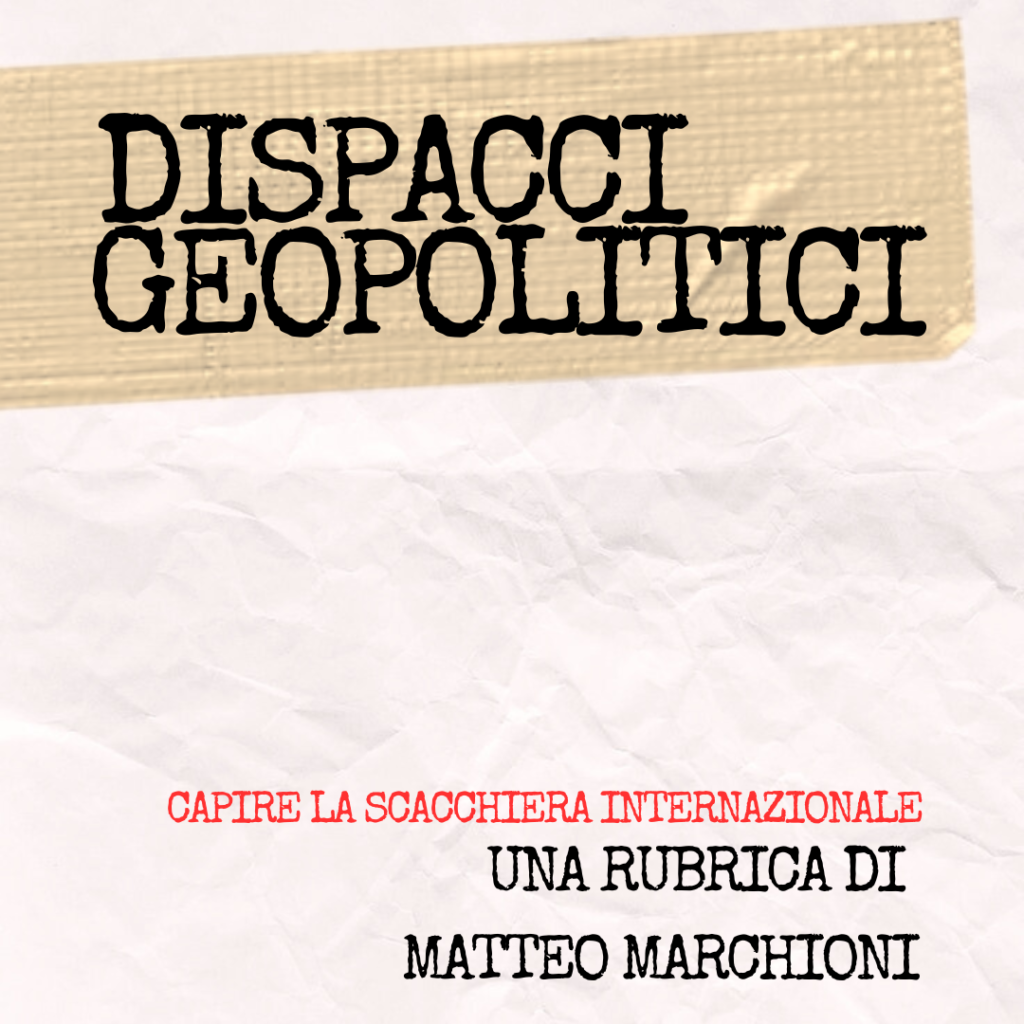

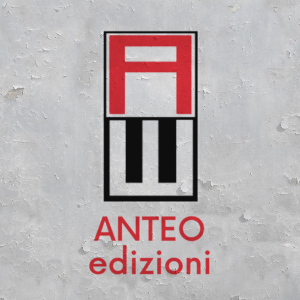
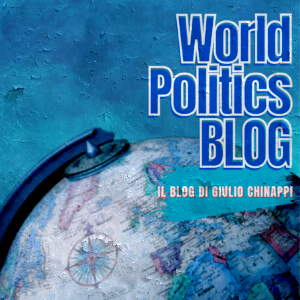
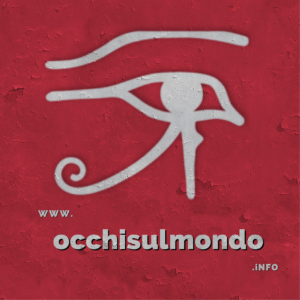


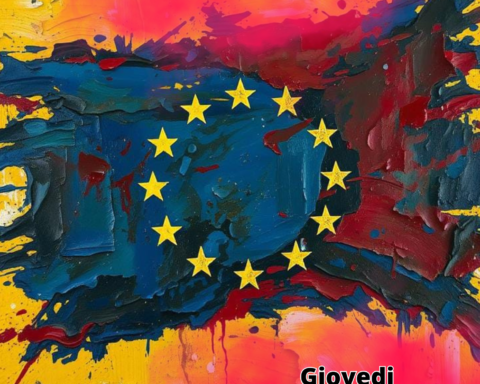

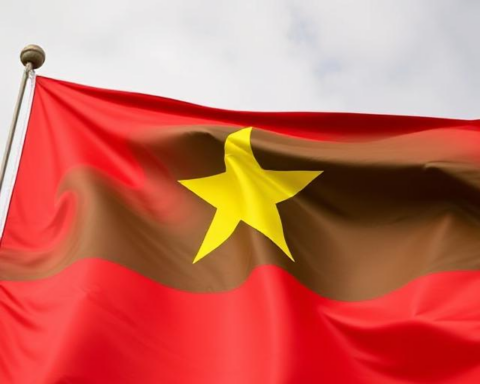




Il CeSE-M sui social